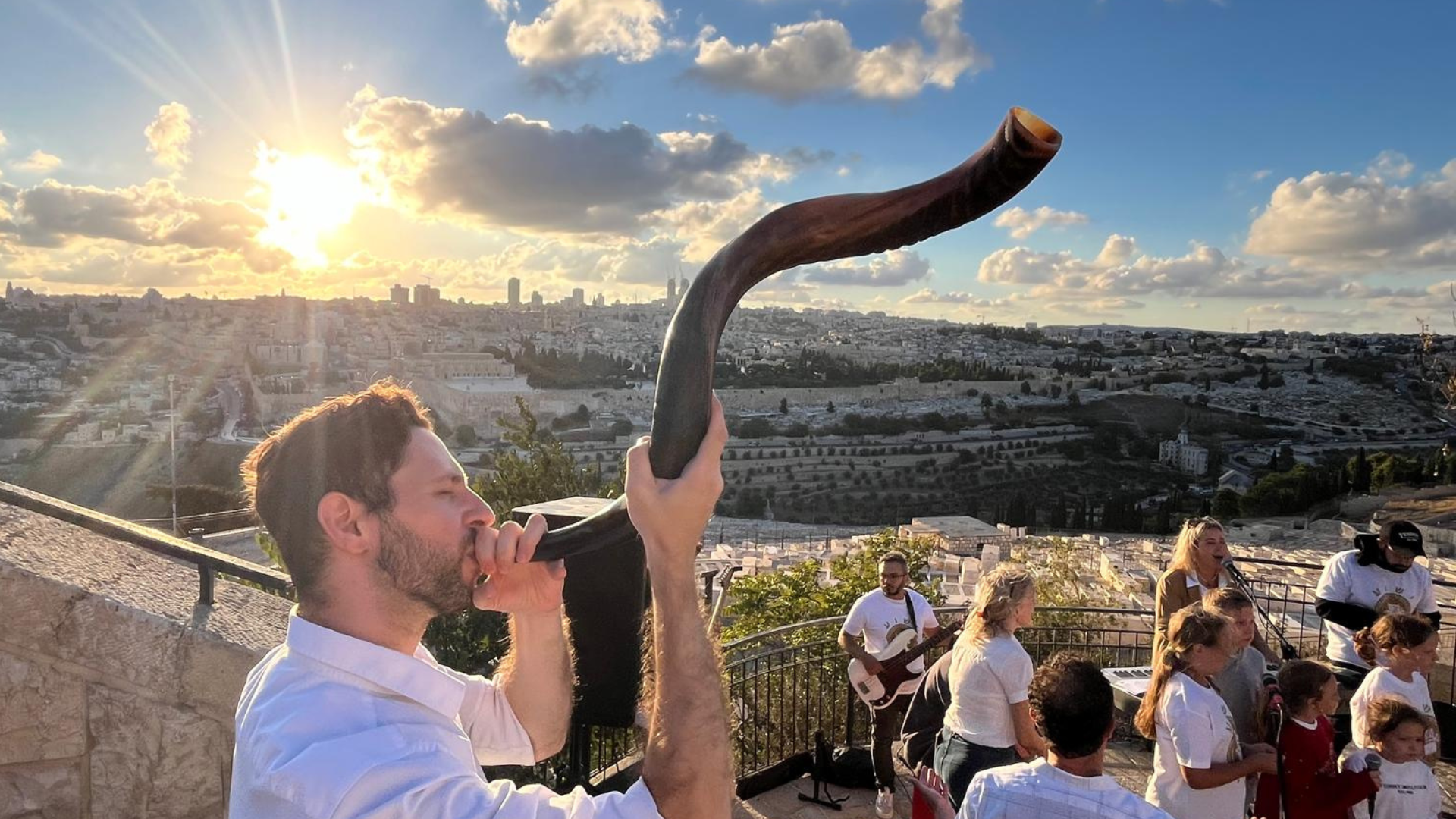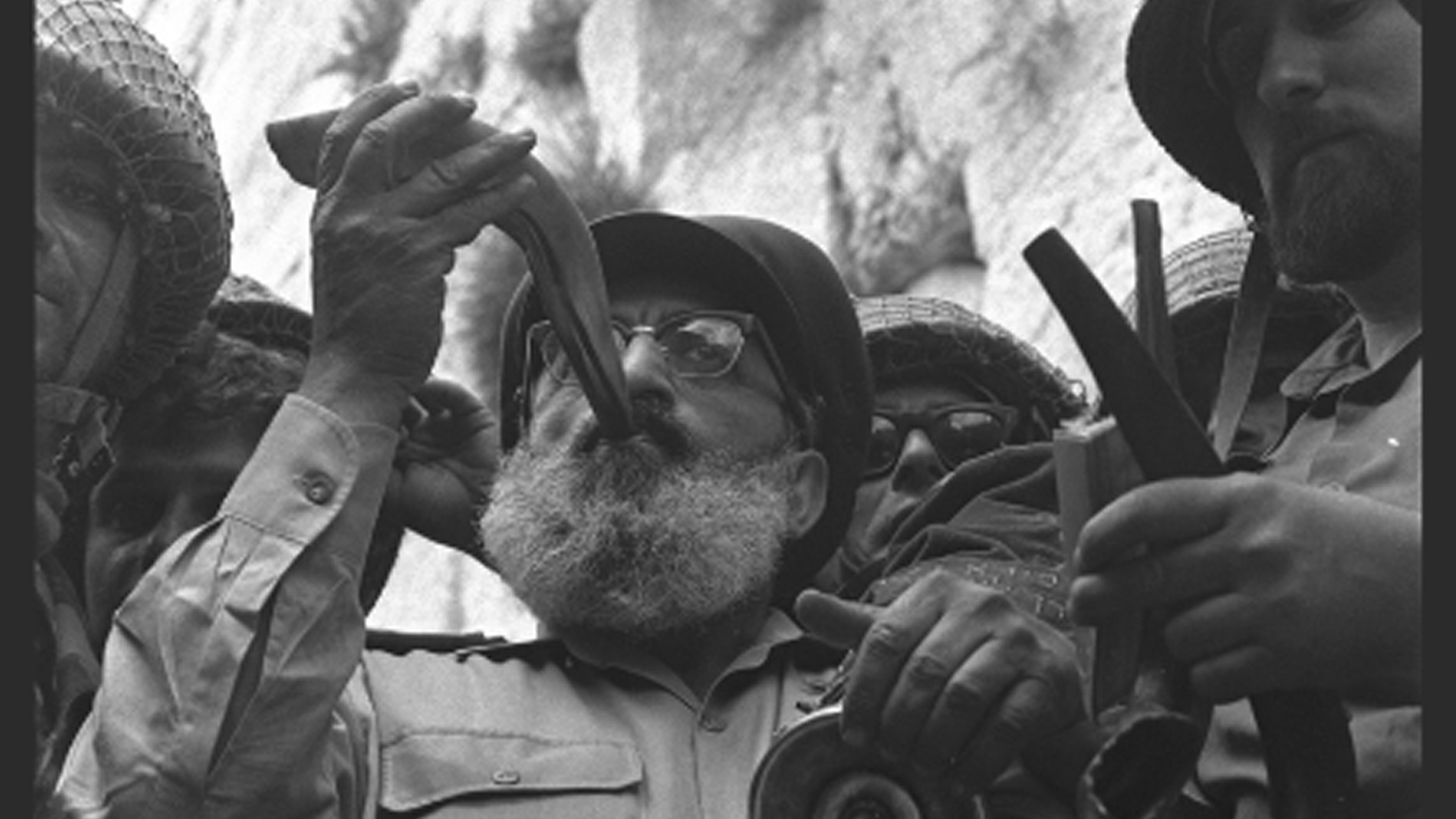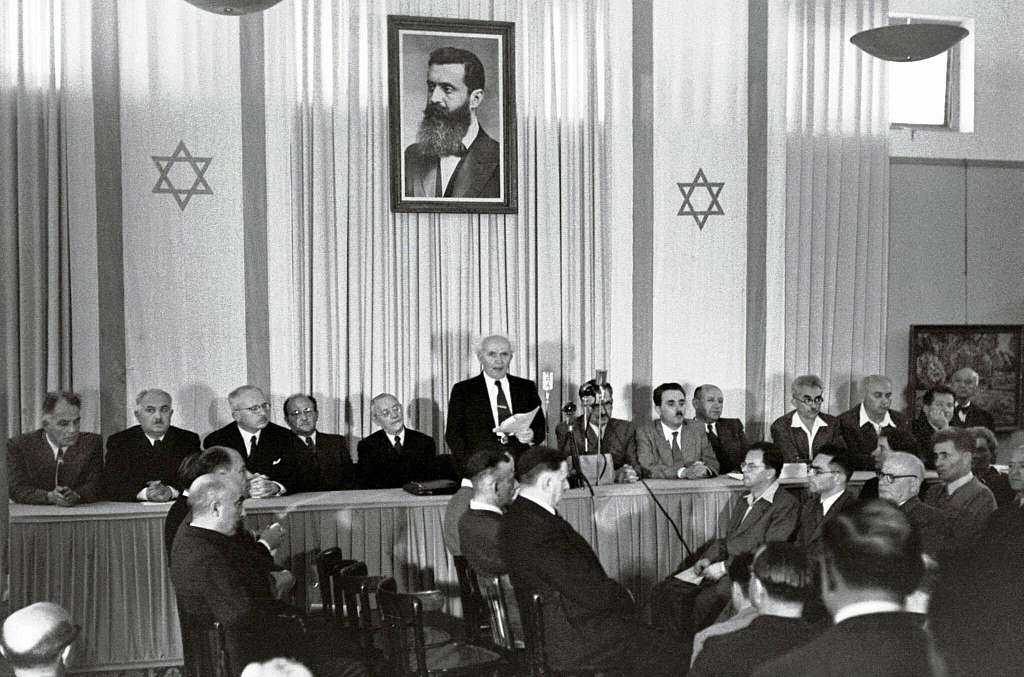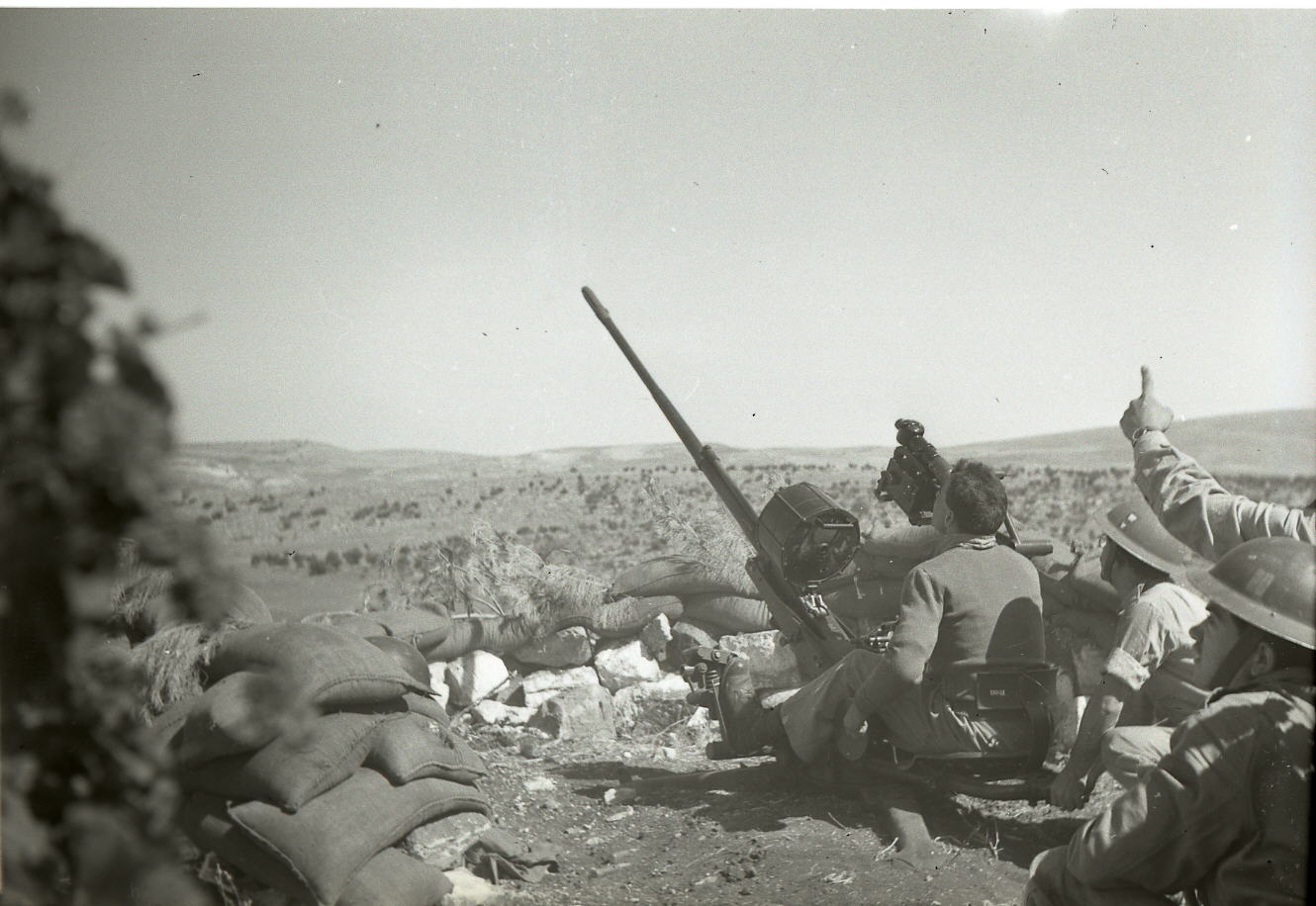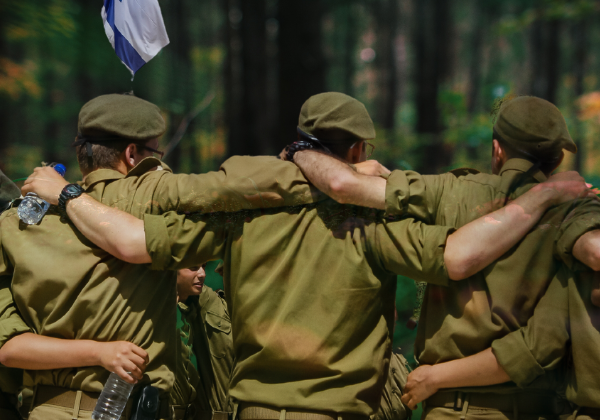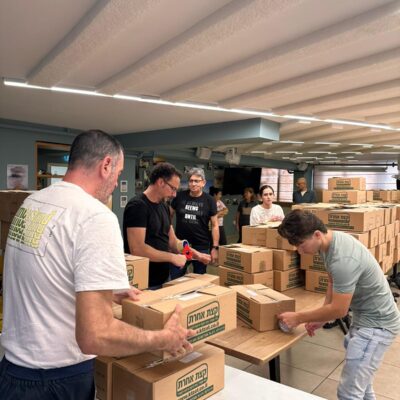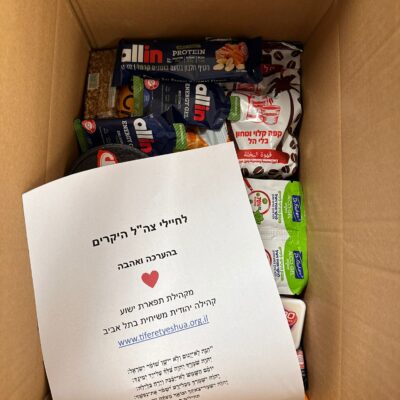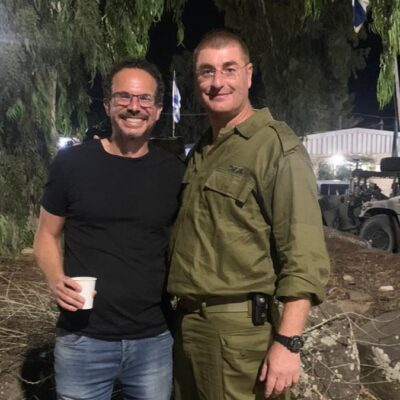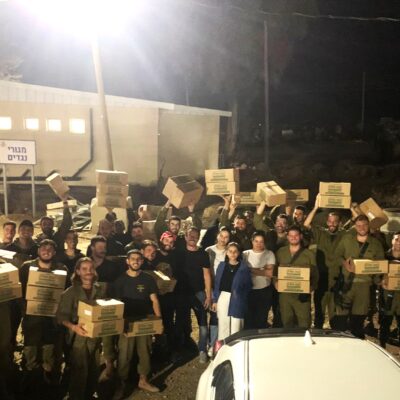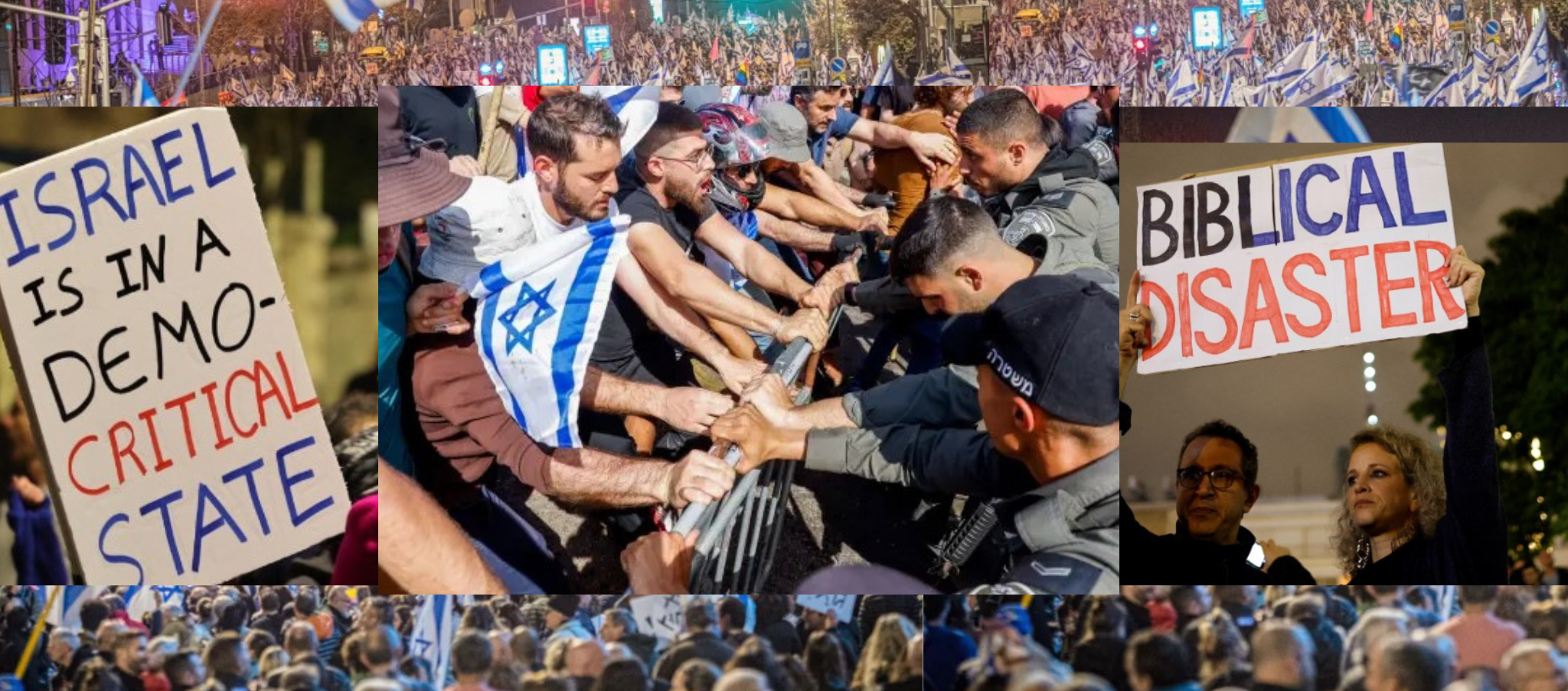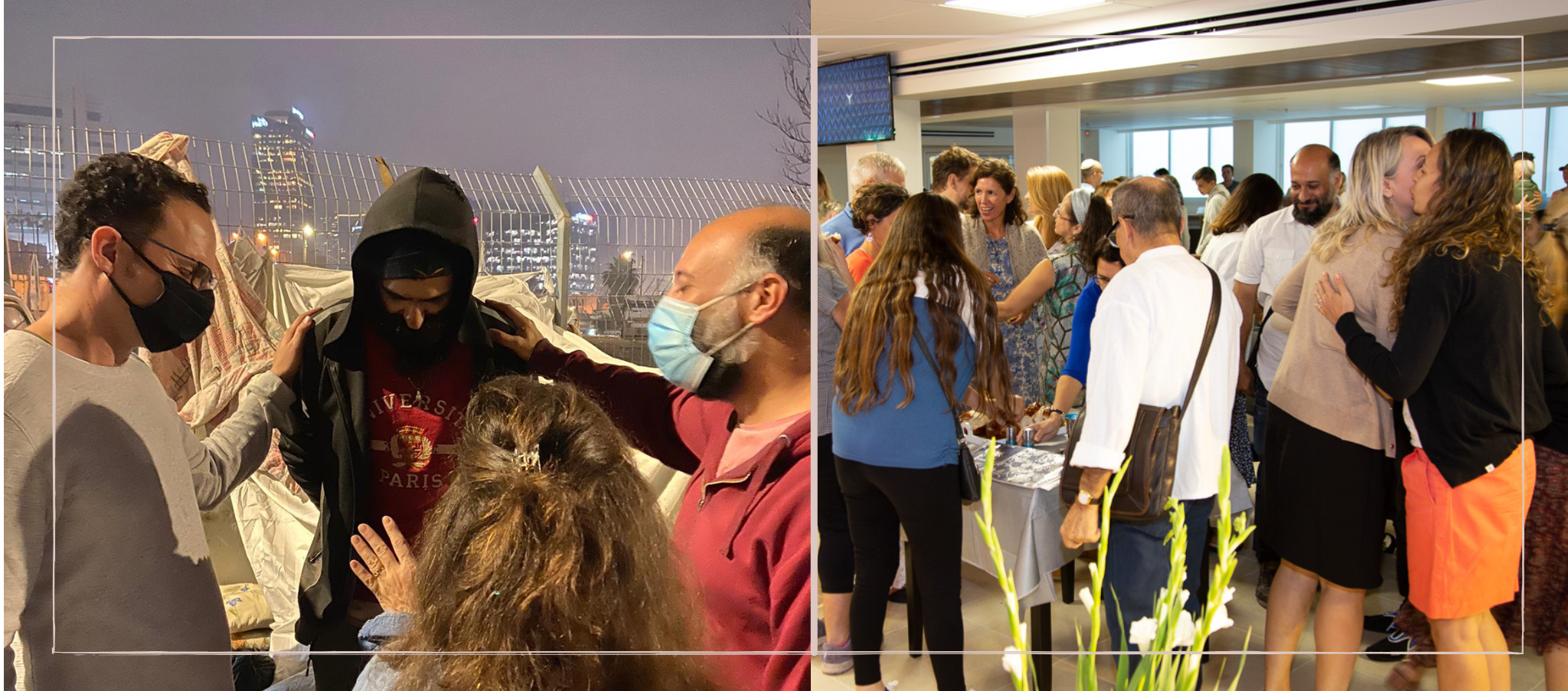Every year when we approach the biblical holiday of Weeks (called Shavuot in Hebrew) as Jewish believers in Messiah, we primarily think of the outpouring of the Holy Spirit two thousand years ago on the first Jewish believers who were gathered in Jerusalem to celebrate the Festival of Weeks (called Pentecost in the Church). This holiday nearly two-thousand years ago was indeed the beginning of the Holy Spirit ministry in the New Testament context which jump started the gospel from Jerusalem, Judea and Samaria to the ends of the earth (Acts 1:8). Indeed, after His resurrection, Yeshua Himself told His disciples to wait to answer the call He had given them until they had received the baptism of the Holy Spirit:
“Tarry in Jerusalem until you are endued with power from on high”
Luke 24:49
But, when we consider the ministry of the Holy Spirit, we tend to first think of the gifts, the power and anointing which the Holy Spirit imparts. While that is an important and exciting element of Holy Spirit’s ministry, I believe that the Spirit is asking us to first spend time meditating on the word that defines the Spirit – Holy.
“Be holy for I am holy.”
1 Peter 1:15-16
It is natural that our attention tends to stay on the dramatic and outward manifestations of the Holy Spirit’s ministry, but the ministry of Holy Spirit should first and foremost empower us to live holy lives. Unfortunately, we all discover sooner or later that when someone operates in the power and anointing of the Holy Spirit – whether it be powerful teaching, healing or giving accurate prophetic words – it does not mean that the person’s personal walk with God is in good standing. In fact, someone can be living in egregious sin and still minister in the power of the Holy Spirit. If that minister does not repent, eventually the sin will be revealed, and it brings shame on the name of Messiah and places a stumbling block before young and immature believers. Therefore, to focus on ministering in the power of the Holy Spirit without living a life of holiness through the Holy Spirit (producing the fruits of the Spirit) is damaging and dangerous.
It may seem counter intuitive that people living in sin (ongoing sinful behavior without repentance) can still continue serving with the gifts of the Holy Spirit, which include anointed teaching, healing, words of knowledge and prophecy. The natural human reasoning is, “If a person is actively living in sin, would that not negate the ‘holy’ gift at work in them?” While that reasoning seems to make sense, focusing on the nature of the word “gift” in the context of salvation through faith and not by works shows us how indeed “God’s gifts and His call are irrevocable.” (Rom. 11:29) If the gifts of God were contingent upon our “behavior”, then it could be said that we “earned” those gifts which would then lead us to start judging one another’s level of holiness by the spiritual gifts in which they serve.
Religious Holiness
At the same time, some believers emphasize holiness without the baptism of the Holy Spirit and the powerful ministry of the Holy Spirit. A holiness emphasis without the power of the Holy Spirit is equally damaging and dangerous because it can lead people into a religious mindset and an attempt to struggle against sin without the help of the Holy Spirit. We also cannot experience God’s love for us without the Holy Spirit. In fact, we cannot truly know God and have an intimate relationship with Him without the Holy Spirit because God reveals Himself to us through the agency of the Holy Spirit:
“And hope does not disappoint us, because God has poured out His love into our hearts through the Holy Spirit, whom He has given us.”
~Romans 5:5
What does it mean to live holy lives?
Like many basic spiritual truths, there is quite a bit of misunderstanding about what it means to live a holy life. Most would describe living “holy” as hardly ever stumbling in sin. That definition makes “living holy” seem like a near impossibility. But the fact is, that is not what it means to live holy! Living holy is first and foremost the mere desire to do what is right in God’s eyes, repenting when we fail, and continuing to desire to do God’s will. That is the standard of holiness for us. The more we desire to do God’s will, the more the Holy Spirit fills our souls with grace, strength and conviction to choose the good and reject the evil. Over time, we will experience more victory in our struggles with sin. But it doesn’t mean we become immune to sin and live perfect lives. There is only One Righteous Man who did that, and it is by His blood we are saved!
The End-Time Bride: holy and endowed with Power from on high
Each year when we celebrate the Festival of Weeks, I am filled with the urgency for the need of the Body of Messiah to step into the full calling God has given us – to live holy lives and to operate in the power of the Holy Spirit. Not one on the account of the other. In these end times, the Spirit is calling all of us to desire to experience God’s love poured out in our hearts, to live lives of holiness, and to earnestly desire and operate in the power of the Holy Spirit. (Rom. 5:5, 1 Pt. 1:15-16, 1 Cor. 14:1)
*origianly published on 24 May 2023

